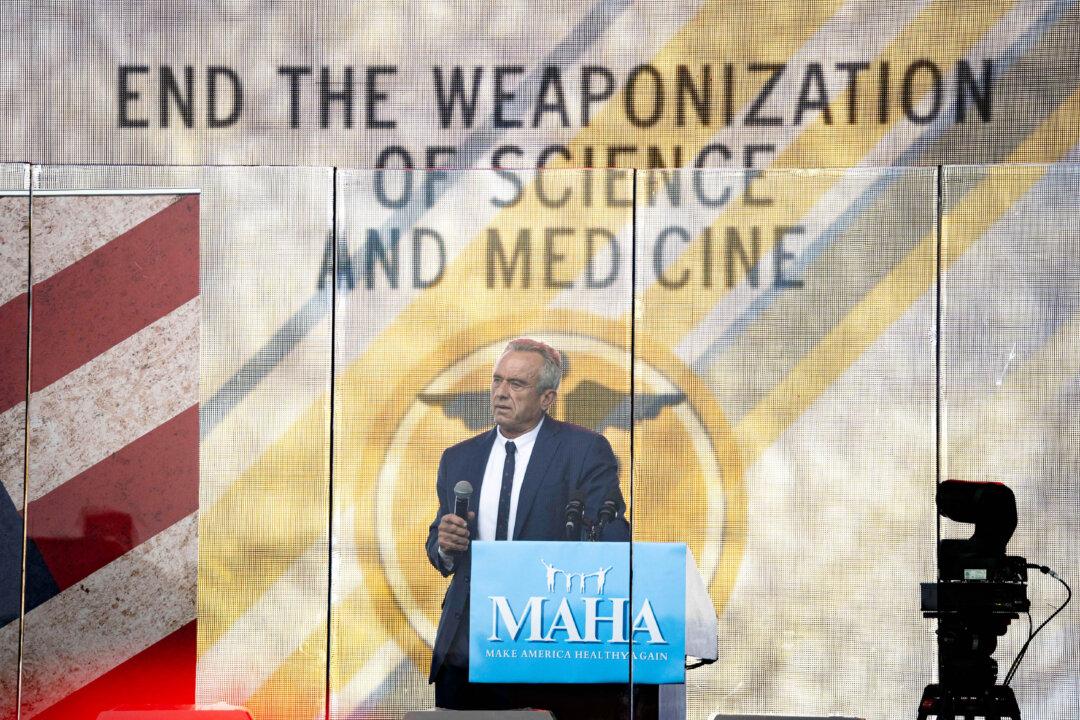As the dust settles on his White House bid, Robert F. Kennedy Jr. is focusing on his initiative Make America Healthy Again (MAHA). His goal is to reverse what he calls a chronic disease epidemic in the United States.
Kennedy suspended his independent presidential campaign on Aug. 23 and threw his support behind former President Donald Trump, the GOP nominee. Trump has promised to appoint Kennedy to a health-related role in a potential second term.





